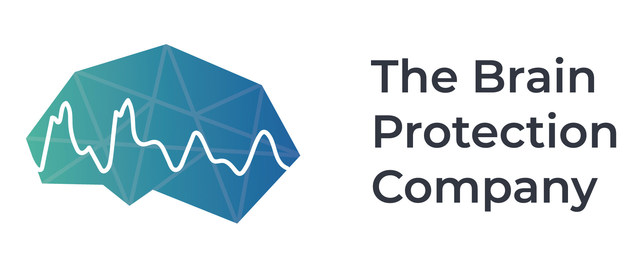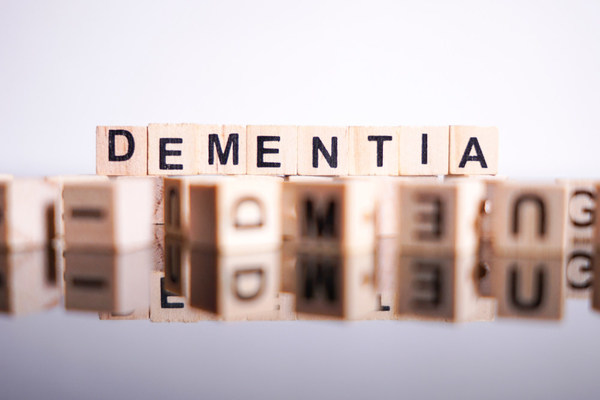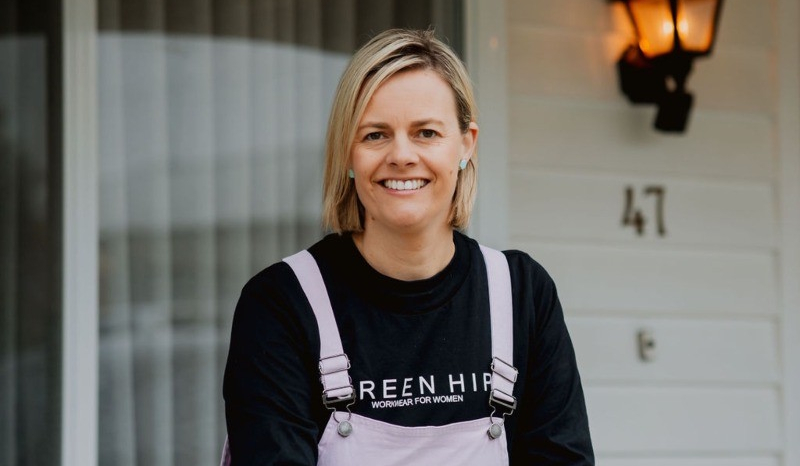The Brain Protection Company Awarded $1M Research Grant To Pursue Novel Approach To Treat Alzheimer's Disease-PR Newswire APAC

|
SYDNEY, Aug. 25, 2020 /PRNewswire/ -- The Brain Protection Company Pty Ltd, a privately-held medical device company developing novel therapies and diagnostics for Alzheimer's disease, today announced it has been awarded a US$1 million grant from the Part the Cloud – Bill Gates Partnership Grant Program, whose mission is to fund Alzheimer's research with the highest probability of slowing, stopping or curing the disease. Funds will be used to continue research into its pulse intensity theory of dementia and conduct a first-in-human clinical study.
 Dementia affects approximately 50 million people worldwide with nearly 10 million new cases each year.
Dementia affects approximately 50 million people worldwide with nearly 10 million new cases each year.
"We are pleased to be recognized by Bill Gates and the Alzheimer's Association for our novel and promising technology and are grateful to be selected as a recipient for this prestigious grant," commented Trevor Moody, CEO of The Brain Protection Company and Partner at MH Carnegie & Co., an investor in the company. "We are optimistic that lowering pulse intensity in the cerebral circulation can delay the onset of cognitive decline and this investment will help us bring our technology to patients."
Cognitive decline is a noticeable and measurable decrease in abilities such as memory, language, thinking and judgement and is an early sign of dementia. Dementia affects approximately 50 million people worldwide with nearly 10 million new cases each year.
Professor David Celermajer, Founder and Chief Medical Officer of The Brain Protection Company, commented, "Our novel device treatment, designed to ameliorate the adverse effects of high pulse pressure to the brain, could offer important benefits to adults at risk of or with early dementia." He continued, "This grant funding enables us to advance our therapy into clinical studies which will test the effects of the device on functional aspects of brain health. We look forward to working with these leading organizations to bring The Brain Protection Company's therapy one step closer to our goal of slowing the onset of age-related dementia and Alzheimer's."
A recent article authored by The Brain Protection Company and published in Frontiers in Neuroscience[1] explains the pulse-pressure-induced pathway of cognitive decline and sheds light on why previous treatments may have failed and proposes promising new directions for the treatment of dementia. The pulse intensity theory of dementia was confirmed by the Whitehall II study, which studied 3191 healthy middle-aged volunteers over the course of 10-15 years and demonstrated the ability to predict cognitive decline using a simple neck scan, a decade before symptoms appear. This study was published in the European Heart Journal[2].
About the Part the Cloud + Gates Partnership ProgramBill Gates and Part the Cloud have partnered to accelerate research exploring specific areas of neurodegeneration, neuroinflammation, and immune responses that contribute to the development of Alzheimer's and dementia. With a shared vision for innovation, Gates and philanthropist Mikey Hoag awarded US$10 million in grant funding to bring the total Part the Cloud clinical research investment to $60 million in just one year. This strategic funding will help propel high-risk, high-reward research aimed at uncovering underlying brain cell changes, timely diagnosis and new treatments for Alzheimer's and all dementia.
About the Pulse Intensity Theory of DementiaIn healthy young adults, the elasticity of blood vessels minimizes the intensity of the blood pressure pulse, so a smooth and gentle pulse arrives at the brain. With increasing age, large blood vessels stiffen, and pulse intensity can increase substantially. High intensity pulse pressure, combined with age-related fragility of blood vessels, can cause micro-bleeding in the brain. Micro-bleeding causes leakage of blood proteins into the brain and can provoke oxidation and inflammation, which cascades to a loss of neurons and synapses, manifesting as cognitive decline and dementia. The Whitehall II study confirms that high pulse intensity to the brain is a significant and independent predictor of future cognitive decline in otherwise healthy middle-aged adults.
About the Brain Protection Company Pty LtdThe Brain Protection Company is a clinical stage company developing a novel approach to treating age-related dementia/Alzheimer's disease by lowering the pulse pressure to the brain with an implantable pulse absorbing device. For more information, visit www.brainprotection.com[3].
About the Alzheimer's Association®The Alzheimer's Association is the leading voluntary health organization in Alzheimer's care, support and research. Our mission is to eliminate Alzheimer's disease through the advancement of research, to provide and enhance care and support for all affected, and to reduce the risk of dementia through the promotion of brain health. Our vision is a world without Alzheimer's. Visit alz.org[4] or call +1 800.272.3900.
Photo - https://mma.prnasia.com/media2/1243135/dementia___image.jpg?p=medium600[5] Logo - https://mma.prnasia.com/media2/1243136/BPC_Logo.jpg?p=medium600[6]
References
- ^ Frontiers in Neuroscience (c212.net)
- ^ European Heart Journal (c212.net)
- ^ www.brainprotection.com (c212.net)
- ^ alz.org (c212.net)
- ^ https://mma.prnasia.com/media2/1243135/dementia___image.jpg?p=medium600 (c212.net)
- ^ https://mma.prnasia.com/media2/1243136/BPC_Logo.jpg?p=medium600 (c212.net)
Read more https://www.prnasia.com/story/archive/3105375_EN05375_0














